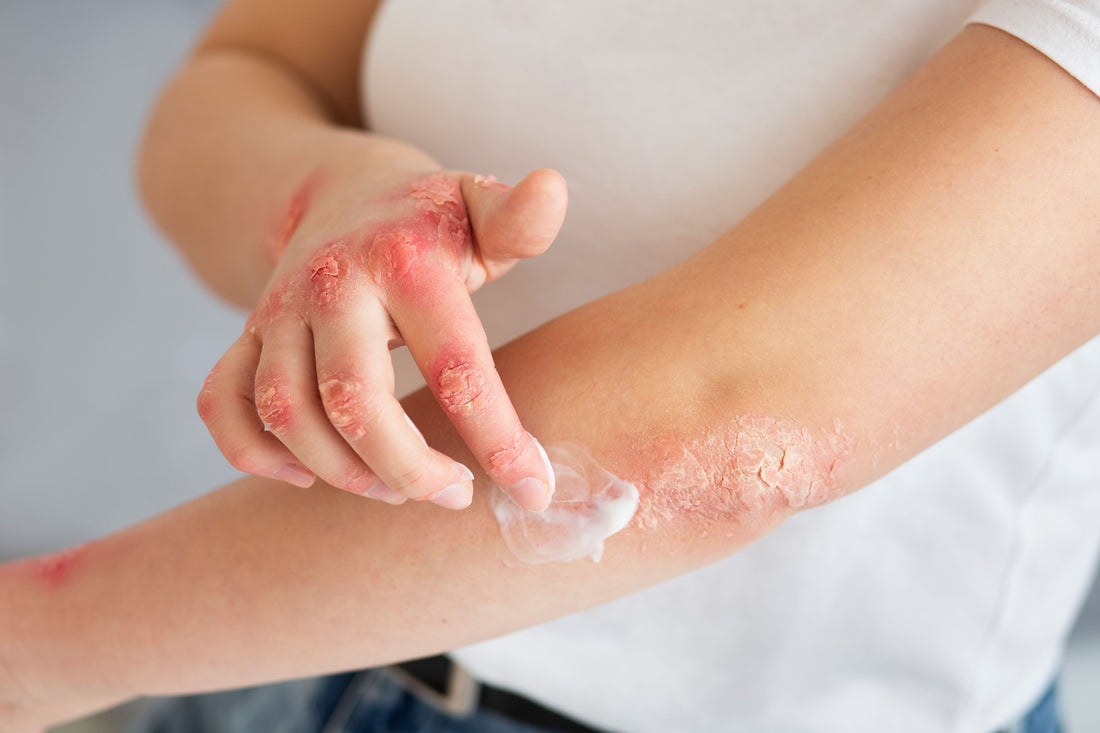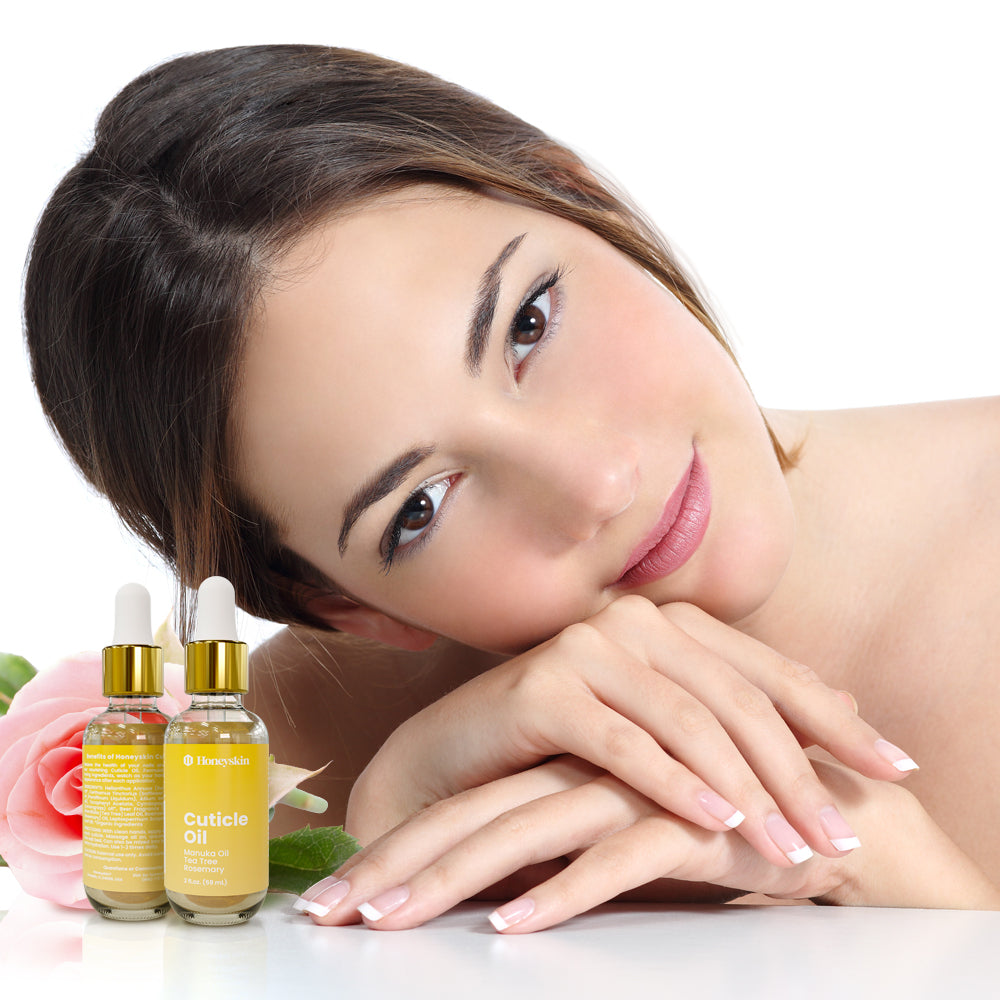
Eczema: Causes, Symptoms, and Treatment
by Renz Paulo Rodriguez | 3 min read
Eczema, recognized medically as atopic dermatitis, stands as a persistent skin condition marked by inflammation, redness, and itching. It can affect individuals across all age groups, posing an ongoing challenge for effective management.
What is Eczema?
Eczema is a skin condition that results in inflammation of the skin, leading to redness, itching, and sometimes the formation of blisters. It is a chronic condition with periods of flare-ups and remission. While the exact cause of eczema is not fully understood, it is believed to be a combination of genetic and environmental factors.
Causes
Eczema is influenced by various factors:
- Genetics. People with a familial background of eczema, asthma, or hay fever are at a higher risk.
- Environmental Triggers. Eczema can be triggered by exposure to irritants like harsh soaps, detergents, and specific fabrics.
- Allergens. Allergens such as pollen, pet dander, and certain foods play a role in exacerbating eczema.
- Immune System Dysfunction. Overactive immune responses can result in inflammation and skin irritation, contributing to eczema.
Symptoms
Eczema symptoms can vary from person to person, but common signs include:
- Itching. Intense itching is a hallmark of eczema and can lead to scratching, further aggravating the condition.
- Redness. Inflamed and red skin is a common visual indicator of eczema.
- Dryness. The affected skin may become dry and prone to cracking.
- Blisters. In severe cases, eczema can lead to the formation of blisters, especially during flare-ups.
Treatment
Managing eczema involves a multifaceted approach that includes:
- Avoiding Triggers. Identifying and avoiding triggers such as certain fabrics, harsh soaps, and allergens can prevent flare-ups.
- Topical Steroids. Prescription or over-the-counter topical steroids can help reduce inflammation during flare-ups.
- Antihistamines. These can help relieve itching and promote better sleep during eczema episodes.
- Immunomodulators. Prescription creams that modify the immune response may be recommended for severe cases.
- Moisturizing. While there is no cure, adopting a holistic approach to skincare can significantly improve the quality of life for those dealing with eczema-prone skin. Keeping the skin well-hydrated with gentle, fragrance-free moisturizers helps alleviate dryness.
Honeyskin Takeaways
Now that we've explored the intricate facets of eczema, it's clear that managing this condition requires a comprehensive approach tailored to each individual's unique needs. From identifying triggers to employing suitable treatments, the journey to finding relief can be multifaceted. In this pursuit, one crucial aspect often overlooked is skincare.
Ultimate Face and Body Cream
For Eczema Prone Skin
Formulated with a potent blend of restorative, soothing, and nutrient-enriched natural and organic ingredients, Honeyskin Ultimate Face and Body Cream delivers hydrating and nourishing relief from itching, redness, dryness, and other skin conditions associated with eczema.
What sets Honeyskin's best-selling Face and Body Cream apart is its ability to penetrate deeply into the skin, boosting an extra dose of hydration and delivering rejuvenating moisture where it's needed most. Our unique formula goes beyond the surface, working layers deep to give you calmer, smoother, and healthier skin.
SHOP Ultimate Face and Body Cream and Experience Ultimate Relief Today!
References:
Leave a Comment
Please note, comments must be approved before they are published.



